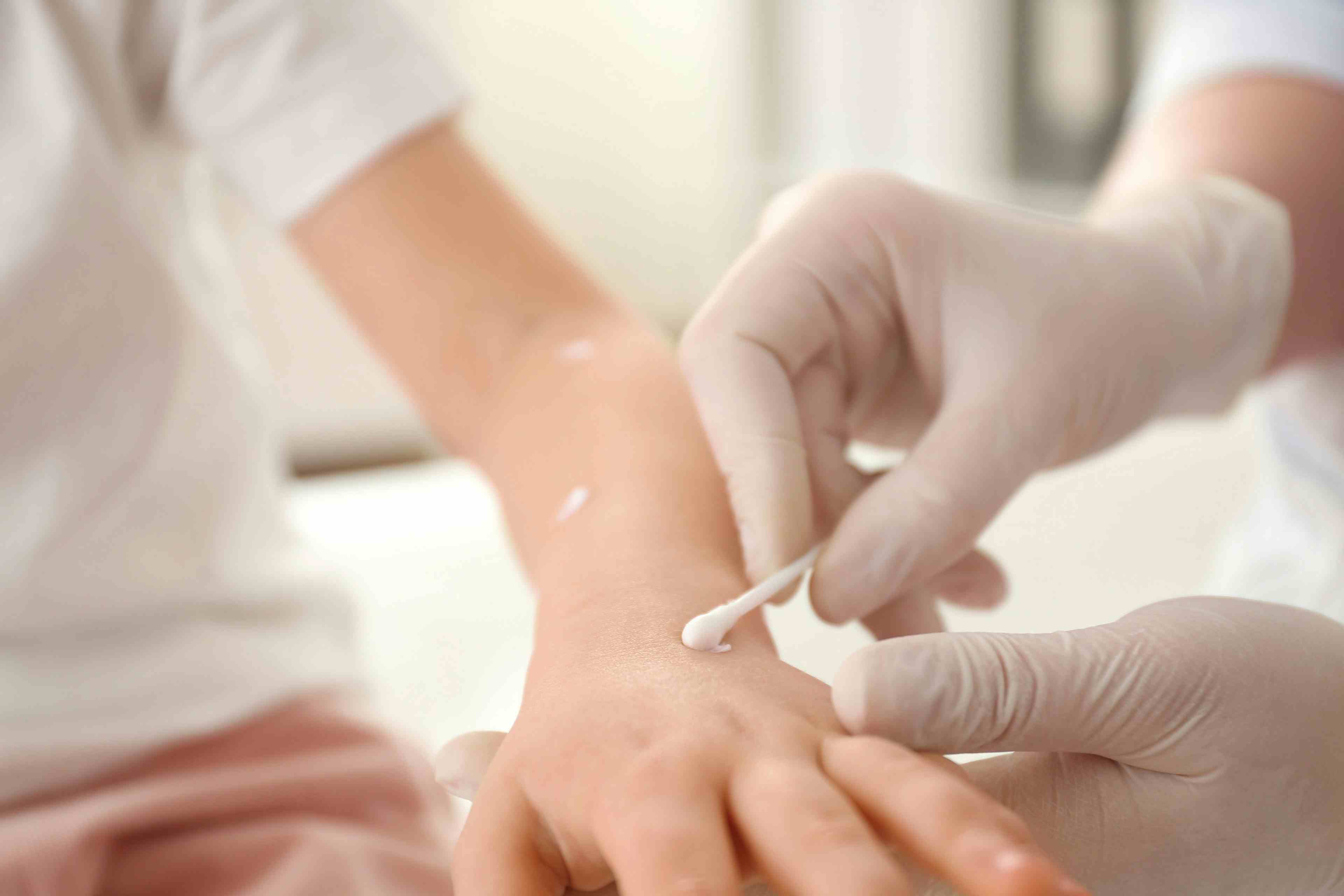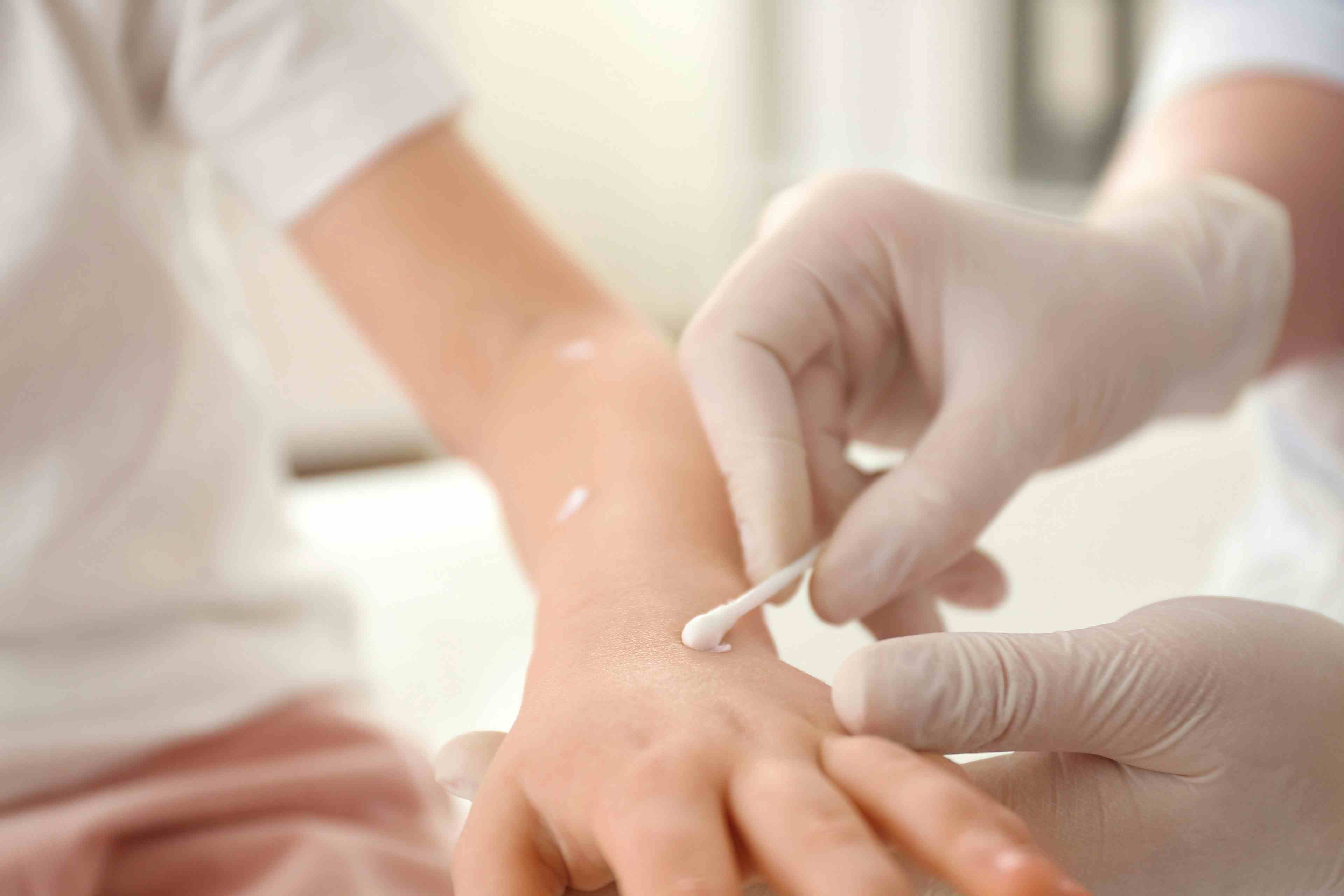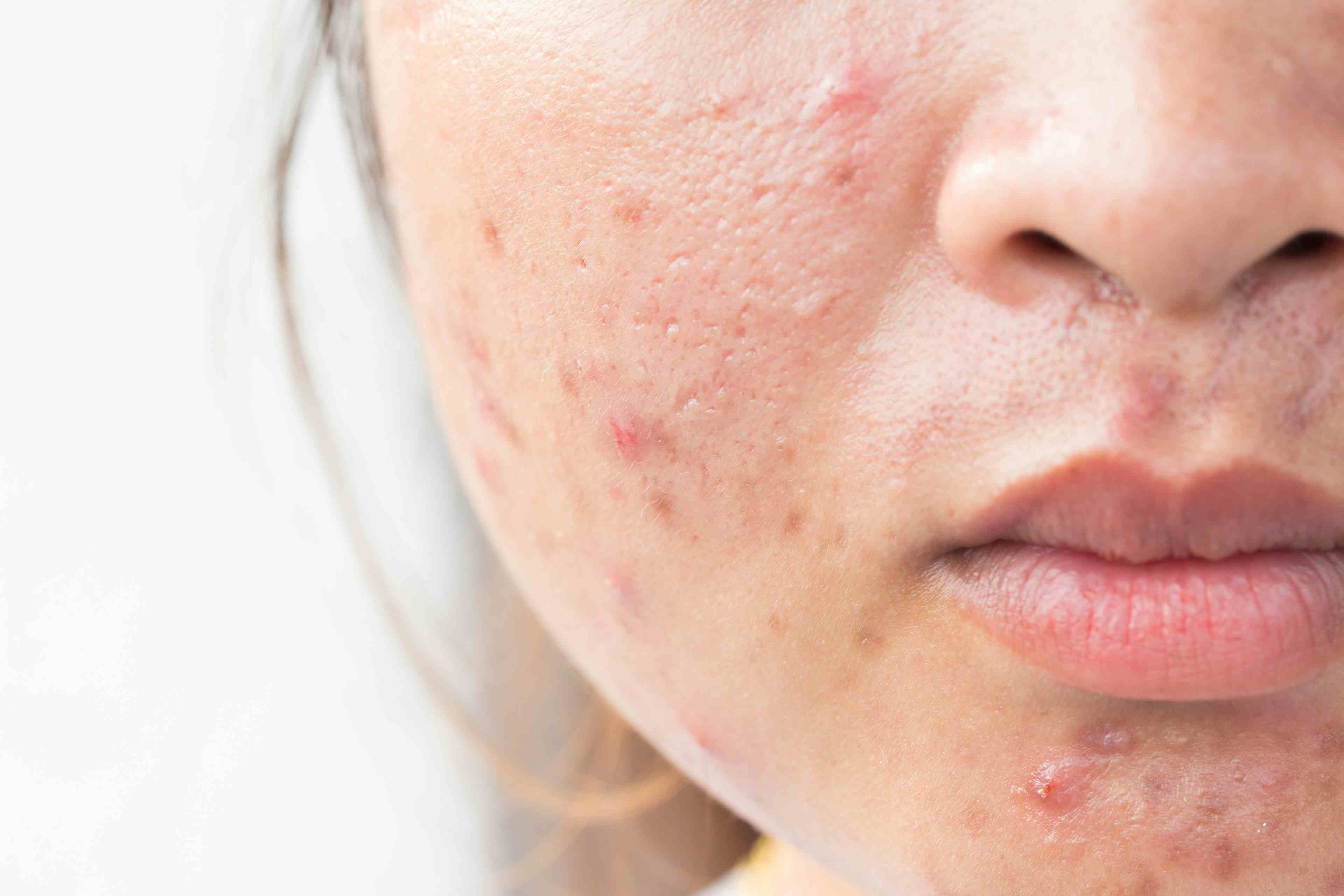- Acne
- Actinic Keratosis
- Aesthetics
- Alopecia
- Atopic Dermatitis
- Buy-and-Bill
- COVID-19
- Case-Based Roundtable
- Chronic Hand Eczema
- Chronic Spontaneous Urticaria
- Drug Watch
- Eczema
- General Dermatology
- Hidradenitis Suppurativa
- Melasma
- NP and PA
- Pediatric Dermatology
- Pigmentary Disorders
- Practice Management
- Precision Medicine and Biologics
- Prurigo Nodularis
- Psoriasis
- Psoriatic Arthritis
- Rare Disease
- Rosacea
- Skin Cancer
- Vitiligo
- Wound Care
Article
Parents favor consent for kids' HPV vaccines
Author(s):
Most adults in the U.S. support laws allowing teenagers access to medical care for sexually transmitted infections without parental consent, but they want parents to decide whether their child should get the human papillomavirus (HPV) vaccine, a recent nationwide survey suggests.
Ann Arbor, Mich. - Most adults in the U.S. support laws allowing teenagers access to medical care for sexually transmitted infections without parental consent, but they want parents to decide whether their child should get the human papillomavirus (HPV) vaccine, a recent nationwide survey suggests.
The University of Michigan C.S. Mott Children’s Hospital National Poll on Children’s Health recently asked a national sample of more than 2,100 adults about allowing young people ages 12 to 17 to receive HPV vaccinations without parental consent, Newswise reports. Only 45 percent of respondents said they would support such state laws. In contrast, 57 percent said parental consent is unnecessary for teens to get medical care for the prevention of sexually transmitted infections, and 55 percent said the same for teens seeking treatment for sexually transmitted infections.
Routine HPV vaccination is recommended for boys and girls starting at ages 11 or 12 to prevent genital warts, cervical cancer in females and some head and neck cancers in males. The vaccine is most effective if administered before the onset of sexual activity.
Of those respondents who did not support dropping parental consent for the HPV vaccination, 86 percent said HPV vaccines should be a parent’s decision, while 43 percent said they were concerned about the risk of side effects. About 40 percent said they have moral or ethical concerns about the vaccine.
“These poll results show the majority of adults view HPV vaccination as distinct from sexually transmitted infection prevention,” Newswise quotes Sarah Clark, M.P.H., associate director, National Poll on Children’s Health, as saying. “Policymakers and public health officials interested in changing parental consent rules should consider this data and provide education to ensure adults understand the importance of HPV vaccination as a form of prevention against sexually transmitted infections.”
Go back to the Dermatology Times eNews newsletter.
Newsletter
Like what you’re reading? Subscribe to Dermatology Times for weekly updates on therapies, innovations, and real-world practice tips.
















